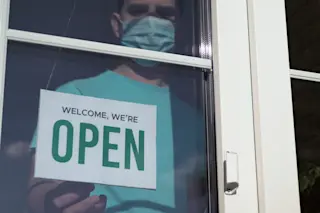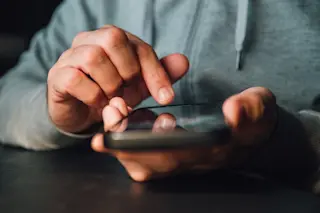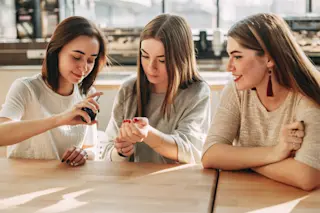As states lift shelter-in-place orders by varying degrees, an uncomfortable new reality is setting in: The shutdowns, it turns out, were the easy part. Stores, parks and day care centers may be opening back up, but that doesn’t mean we’re returning to any semblance of normalcy.
Instead, we’re reentering a changed landscape with its own set of novel stressors — ones that may force us to revamp our old routines or chuck them altogether. “The whole narrative of bouncing back will backfire,” says futurist and Demos Helsinki founder Roope Mokka. “It’s a fantasy.”
As crazy-making as staying put can feel, there’s a certain security in it. You know that if you comply with restrictive mandates, you’re unlikely to get sick. But with more and more states softening quarantine rules, people will have to set their own safety and comfort thresholds as they reengage with the world — a fraught process ...














